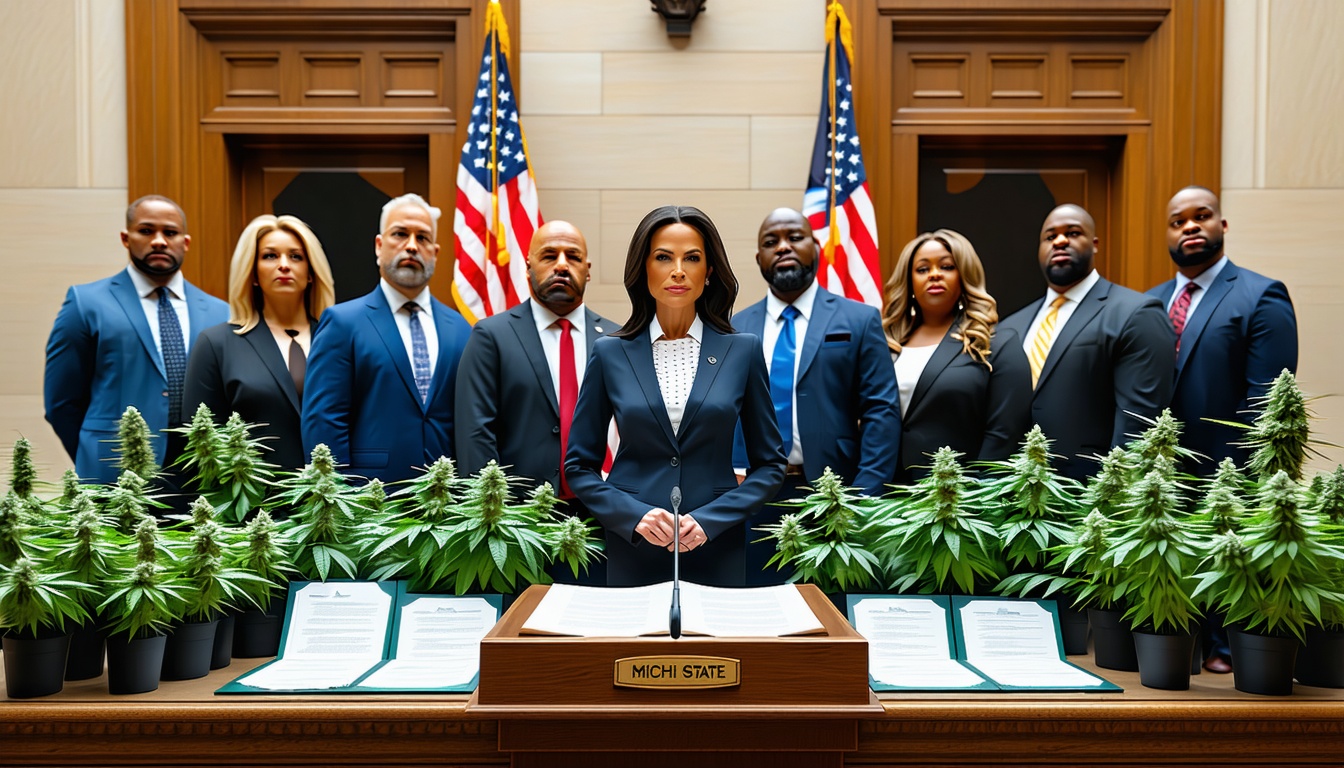A former high school athlete has filed a lawsuit against Stiiizy, a leading marijuana brand in California, alleging that their products caused him to develop cannabis-induced psychosis (CIP). The plaintiff, John Doe, claims that he started using Stiiizy’s products to alleviate pain and stress, but his consumption increased after multiple sports-related injuries. As a result, he experienced acute psychosis, including paranoia, hallucinations, and delusional behavior, which required multiple hospitalizations.
The lawsuit alleges that Stiiizy knew about the dangers of their product but omitted warning labels and actively marketed it to youth as medicine, with colorful packaging, fruity flavors, and celebrity endorsements. The plaintiff’s attorney, Sarah London, claims that the company took advantage of the lack of regulations in the industry and failed to warn consumers of the potential risks.
CIP is a serious mental health condition that can require years of treatment, including the use of antipsychotic medication. The lawsuit seeks unspecified compensatory and punitive damages, as well as injunctive relief.
The case highlights the growing concern about the increasing potency of cannabis products and their potential impact on mental health. Studies have shown that higher concentrated THC products are associated with a higher risk of psychotic disorders, including CIP. The World Federation of Societies of Biological Psychiatry has found that people who use cannabis are four times more likely to develop chronic psychosis, and frequent users or those who use higher potency products are up to six times more likely.
The lawsuit against Stiiizy is part of a growing trend of lawsuits against cannabis companies, which are being held accountable for their role in promoting high-potency products without adequate warning labels. The case may lead to changes in the industry and push for stricter regulations on cannabis products.
The plaintiff’s attorney, Sarah London, hopes that the lawsuit will help hold companies accountable, push forward regulations, and aid public health research by making information more accessible. The case is a reminder that the cannabis industry must be held to the same standards as other industries and that companies have a responsibility to prioritize public health.












